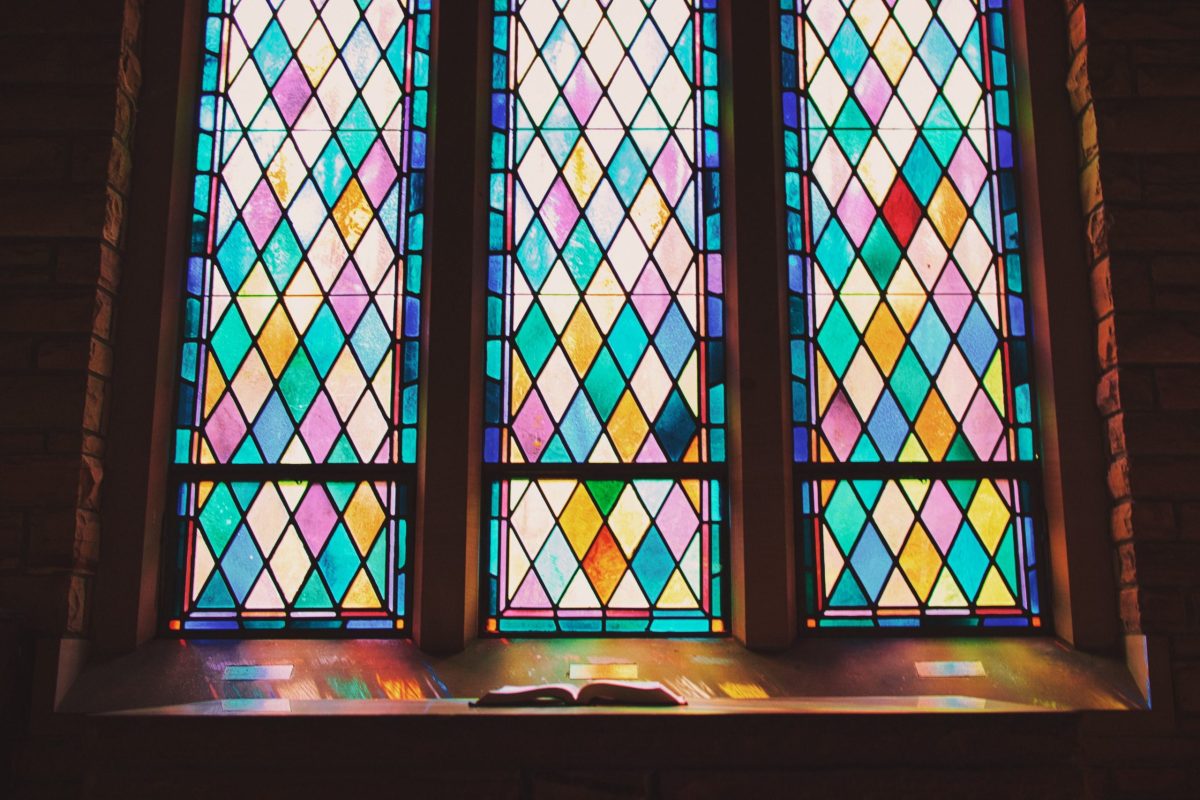In the process of publishing my book, I learned that there exists an entire category labeled “Spiritual Fiction.” Fascinated, I investigated which books fall into this category, and I winced. Mostly, I found books of two extremes.
Extreme number 1: Books in which religious life is idealized well past the point of sentimentality (as in, sexless Mennonite-girl romances or novels involving doddering ministers and their charming array of folksy congregants). Extreme number 2: Books in which religious life is portrayed with a mind only to its horrors—young women, for example, escaping the polygamous great uncles to which they have been betrothed since birth.
My novel Out of Esau, about a married woman who falls into a relationship with the pastor of her small town, adheres to neither of these extremes, nor do the books below, which each approach religion with a curiosity for the questions it asks, along with its endless complexities.
Transcendent Kingdom by Yaa Gyasi
Gifty, a PhD candidate at Stanford, studies the neuroscience of addiction and depression, seeking explanations for her brother’s heroin abuse and her mother’s crippling sadness. Despite the progress of her scientific findings, she finds herself drawn more and more toward the ineffable faith of her past—what it had given her then and what she can still receive from it. The follow-up to Gyasi’s celebrated Homegoing, Transcendent Kingdom accomplishes exactly that: transcendence.
As a River by Sion Dayson
Dayson’s debut novel paints, among other sympathetic pictures, the portrait of Essie, a woman who has taken shelter again in the fundamentalist faith of her childhood. This through-line is one of many woven throughout As a River, where Dayson demonstrates the same great compassion for all of her characters, bringing them each fully to life, the major and minor alike, with threads of faith, race, and family running throughout.
Reading Evangelicals: How Christian Fiction Shaped a Culture and a Faith by Daniel Silliman
Silliman’s provocative study is a page-turner, pulling the reader along story after story. His deep dive into each novel, along with the history and theology that brought each book to its time, helped me to better understand the faith in which I was raised, and to view it with an informed compassion rather than my usual bafflement.
On Beauty by Zadie Smith
The most fascinating character in the book is Howard Belsey, a Rembrandt historian who doesn’t much care for Rembrandt. Belsey is so anti-Christian that he has become rather a fundamentalist about it—banning Christmas from his house, for example, and cursing the church woman who visits his ailing father, whom Howard himself has not visited for years. Belsey’s arch-nemesis, the deeply religious and conservative pundit Monty Kipps, commits parallel moral failings to those of Belsey, and in the end, Smith leaves the reader marooned between Kipps’ apparently unhelpful God and the god Belsey has made of himself, urging us to squint toward the mysteries that lie beyond our own tiny ideas.
Go Tell It on the Mountain by James Baldwin
Throughout this book, the narrator’s point of view captures the quintessential ambivalence of a teenager wrestling with the truth as he’s been taught it vs. that same truth when held up against the world. Religion is most often portrayed as what it often becomes: a justification for violence and fear-mongering, and Baldwin’s tone remains critical throughout. Still, Baldwin’s Christianity is also a necessary and almost unavoidable default for so many of his characters. He brings the reader to understand its particular grasp and pull, which can become almost impossible to escape.
The Seeker and the Monk by Sophfronia Scott
In this book’s first chapter, Sophfronia writes, “I’ve always felt my job is to offer a way of looking at things. To model a way of living just by being.” The author’s “job” is the gift of this book. Scott’s perspective, super-charged from her deep dive into Thomas Merton’s journals, is like reveling for hours in the counsel of a much wiser friend. She takes writings that might initially read as disconnected from our present reality (a monk’s views on ambition and materialism, for example) and makes them immediately relevant, even urgent. Sophfronia’s modern take on ancient wisdom makes this book an inspiring and instant spiritual classic.
Abide with Me by Elizabeth Strout
One of Strout’s earlier novels (written before the Pulitzer-prize-winning Olive Kitteridge), Abide with Me explores the age-old question, “If there is a God, why is there suffering?” Strout approaches this question from a particularly challenging point of view—that of Tyler Caskey, a minister in the 1950s whose wife has died and left him with two young daughters to raise. Caskey navigates his suffering alongside his faith, somehow handling both in a way that suggests it can indeed be done, even in the face of great adversity.
God Spare the Girls by Kelsey McKinney
God Spare the Girls is a propulsive read that explores the lives of two sisters who discover a disturbing secret regarding their father, the prominent pastor of an evangelical megachurch. What gripped me the most was how the book bisected the faith at its center, separating its harmful, hypocritical, and patriarchal underpinnings from the truth—and even the empowerment—that the daughters discover within it.

